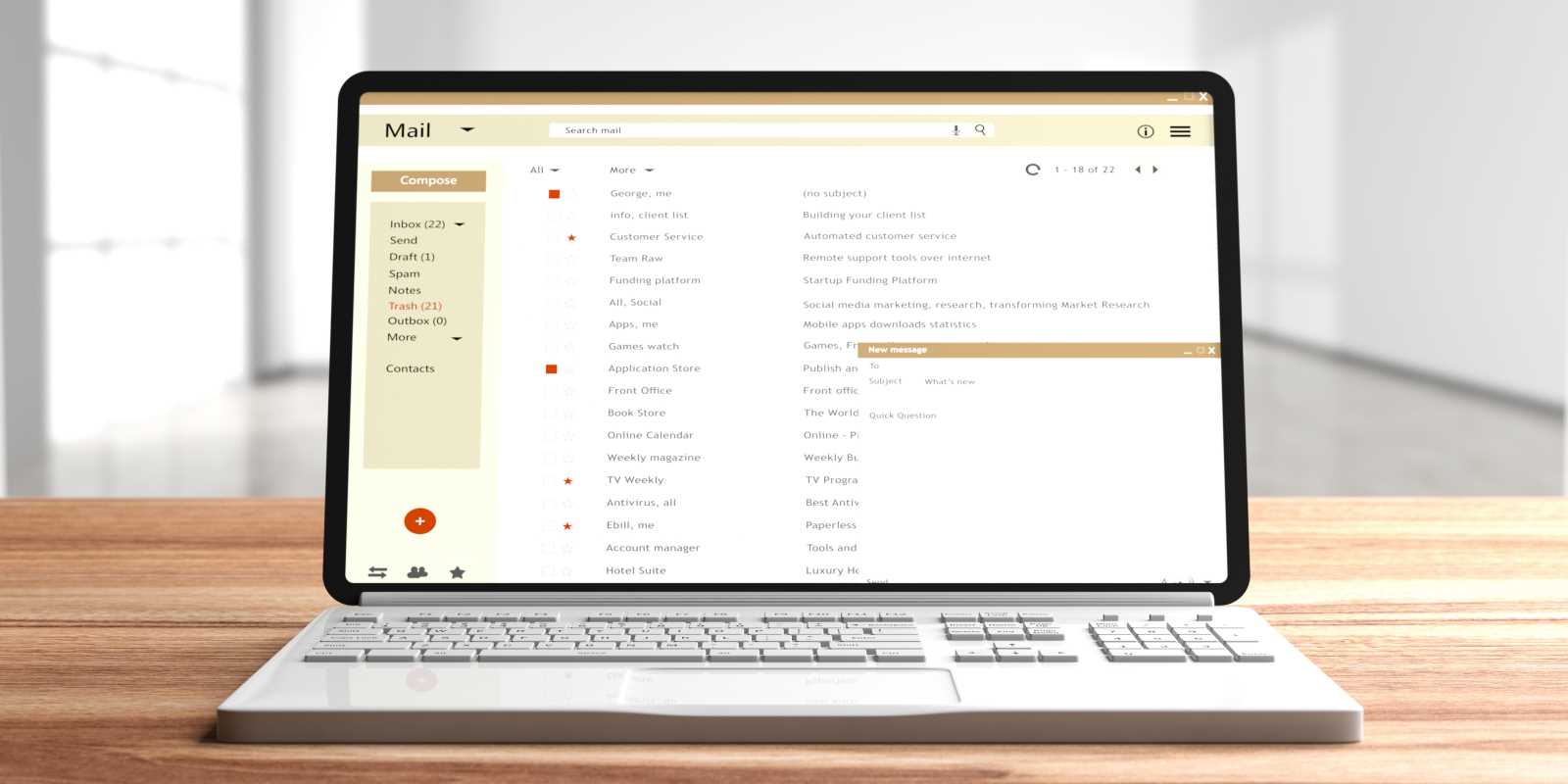If the thought of a crowded networking event makes you want to hide under your desk, you are not alone. For many introverts, the idea of making small talk with strangers in a loud room feels like a special kind of torture. Corporate environments often seem to reward the loudest voice, making it feel like you have to be a hyper-social extrovert to get ahead. But that’s simply not true. Introversion isn’t a weakness; it’s a superpower in disguise. You don't need to change who you are to build a powerful professional network. In fact, your natural tendency to listen deeply and think before you speak can be your greatest asset. Strategic, calm, and authentic networking is far more effective than just collecting business cards, and it’s a game that introverts are uniquely equipped to win.
Redefine Networking as Service and Curiosity
The first step is to change your definition of networking. It’s not about being slick or selling yourself. At its core, great networking is about being genuinely curious about other people and finding ways to be helpful. Instead of thinking, "What can I get from this person?" shift your mindset to, "What can I learn from this person?" or "How could I potentially help them?" This simple change transforms networking from a self-serving chore into an act of service and learning. It leverages an introvert’s natural curiosity and desire for meaningful connection over superficial chatter.
Pick the Right Rooms and Smaller Formats
You don't have to attend every single happy hour or massive industry conference. Be selective. Your energy is a precious resource, so spend it where it matters most. Opt for smaller, more structured events where you can have real conversations. A small workshop, a volunteer day, or a focused breakfast roundtable is often a much better environment for an introvert than a giant, unstructured cocktail party. The goal is quality over quantity. One meaningful conversation in a quiet setting is worth more than a hundred shallow interactions in a loud one.
Prepare a Few Simple Conversation Starters
Walking into a room without a plan can be overwhelming. Reduce this anxiety by preparing a few things in advance. First, have a simple, one-sentence personal introduction ready. It should just state who you are and what you do. Second, prepare three easy, open-ended questions you can ask anyone. These are your conversation starters. Avoid yes-or-no questions. Instead of "Do you like your job?" try "What's the most interesting project you're working on right now?" Having these in your back pocket removes the pressure of having to think of something clever on the spot.
Use Your Listening Skills to Your Advantage
As an introvert, you are likely a fantastic listener. This is your networking superpower. While extroverts are busy talking, you can be busy understanding. Practice active listening by giving someone your full attention. When they finish speaking, ask a reflective question that shows you were paying attention. You could say, "It sounds like managing a remote team has been a real challenge. What's one thing that has surprised you about it?" People love to feel heard, and your ability to listen deeply will make you far more memorable than someone who just talks about themselves.
Build Allies with a Small Circle
You don't need to know everyone in the company. Your goal should be to build a small, strong circle of allies across different departments. Identify a few people in functions like finance, marketing, or engineering whose work interests you. Building these cross-functional relationships is incredibly valuable. These are the people who can help you understand the bigger picture of the business and advocate for you in rooms you aren't in. You can start building these connections one coffee chat at a time.
Leverage Email and Slack for Asynchronous Networking
Not all networking has to happen face-to-face. Asynchronous channels like email and Slack are a fantastic way for introverts to build relationships in a lower-pressure environment. If someone in another department shares a great idea in a public channel, you can send them a private message saying, "That was a really smart point you made about customer feedback. I'd love to learn more about how your team approaches that." This allows you to be thoughtful in your communication and build rapport on your own terms.
Manage Your Energy with Boundaries and Rituals
Networking can be draining for introverts. It's crucial to manage your energy. Set clear boundaries for yourself. You might decide to attend only one networking event per month or to stay at an event for just one hour. It’s also important to have a recovery ritual. After a social event, give yourself permission to recharge. This might mean spending the rest of the evening reading a book, going for a quiet walk, or simply enjoying some alone time. Protecting your energy is not selfish; it's essential for sustainable success.
A 90-Day Plan to Build Your Habit
You can build your networking muscle with small, consistent steps. In your first 30 days, focus on one-on-one connections. Schedule one coffee chat each week with a colleague in another department. In the next 30 days, practice your listening skills. In every meeting you attend, make it a goal to ask one thoughtful follow-up question. In the final 30 days, focus on low-stakes group events. Attend one small, structured workshop or lunch-and-learn and aim to have just one meaningful conversation.
 (Image via
(Image via





